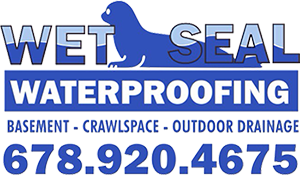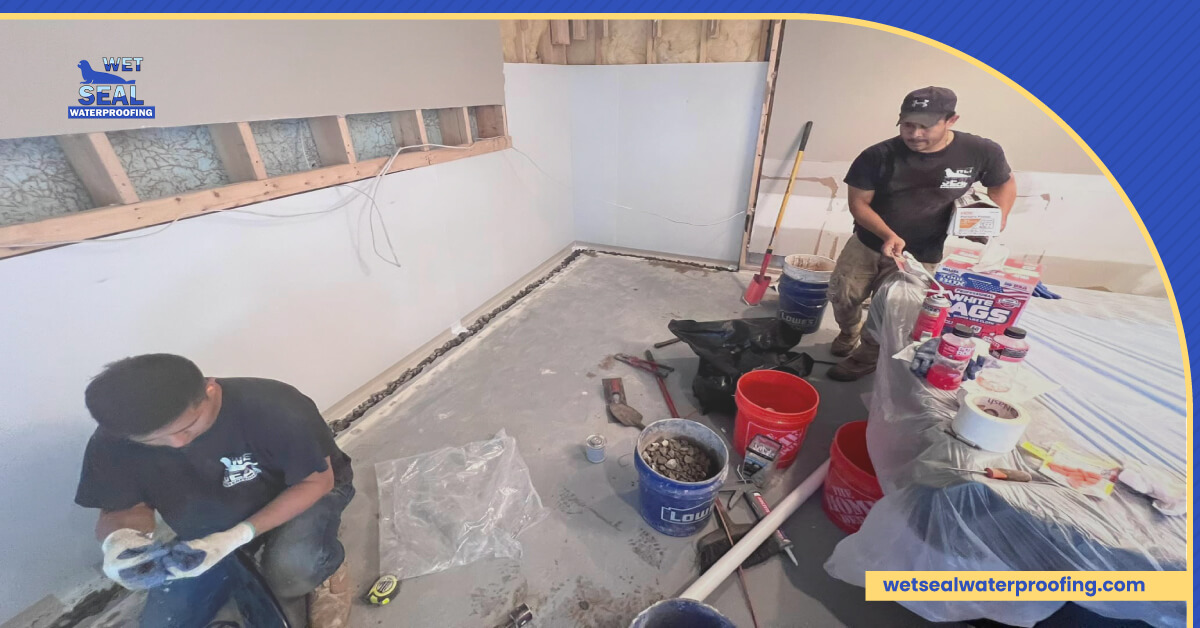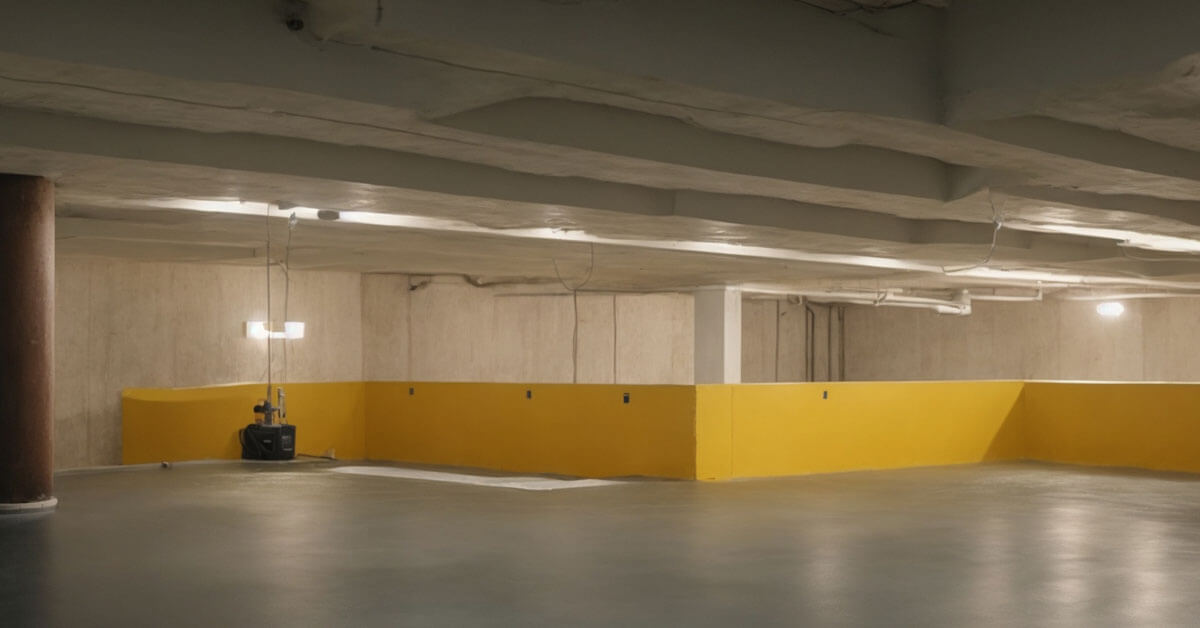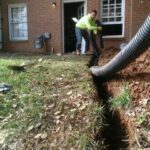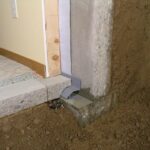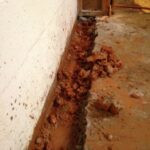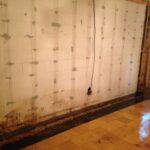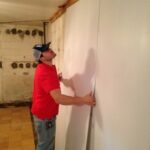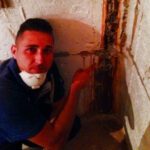How can I protect my Georgia home before water seepage becomes an issue?
The first step to keeping a dry basement is doing some preventative maintenance. First checking downspouts and making sure that any roof water run off is directed away from your homes foundation. Channel drains and catch basins are also a good tool for redirecting surface water, to areas of your landscape and relocating storm water. It is absolutely necessary to take precaution when it comes to surface water run off.
If your home already has downspout extensions, be sure they are water tested and checked regularly to prevent clogging or back ups. This also goes for catch basins and channel drains. Removing the tops and scoping out any trash and debris caught in the basin will also insure a long lasting system.
Most catch basins come equipped with a one or two inch drop that is made to catch unwanted debris. It is the homeowners reasonability to keep these basins clean before clutter in the basin rise higher than underground pipe levels. If trash such as lawn clippings, leaves, mud, silt and other foreign objects collect in the pipe, this could easily cause a clogged pipe.
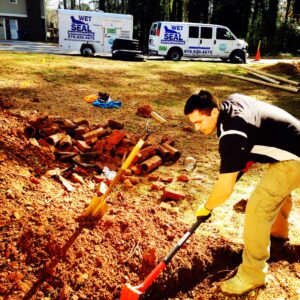 Next making sure that grade levels outside are lower than foundation walls inside. Most foundation walls are made of cement blocking known as cinder blocks or a solid poured wall foundation. If grade levels are higher than the wall, surface water can run right over the top of the wall and into lower levels of your homes basement or crawlspace.
Next making sure that grade levels outside are lower than foundation walls inside. Most foundation walls are made of cement blocking known as cinder blocks or a solid poured wall foundation. If grade levels are higher than the wall, surface water can run right over the top of the wall and into lower levels of your homes basement or crawlspace.
Some foundation walls are studded. These walls are usually placed at ground levels where the grade is right at walk in platforms. Studded walls are placed on top of basement slabs or ground level slabs. In these areas grades need to be sloped or pitched away from slab levels for the surface water to drain properly. Most homes have a concrete wall where soil is buried then a studded wall where the surface drops lower.
Over time ground water will move soil down to lower levels of your homes structure. This will cause water tables to rise based on higher levels of soil. In these cases small retaining walls are a great way to hold soil levels in place and keeping surface water at its required level.
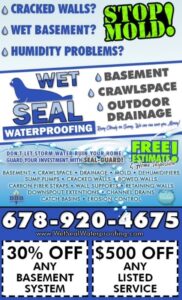 Swells, Interceptor drains, French drains or Curtain drains are also all great ways as well for rechanneling surface water outside, and away from your Georgia homes foundation. Keeping irrigation and lawn scape sprinkler heads away from your homes structure is also another great tip.
Swells, Interceptor drains, French drains or Curtain drains are also all great ways as well for rechanneling surface water outside, and away from your Georgia homes foundation. Keeping irrigation and lawn scape sprinkler heads away from your homes structure is also another great tip.
Constant wetness of the soil can lead into unwanted saturation around any structure. If you have done all these steps and still have water penetration, then it is most likely not caused from surface water. This would be considered ground water penetration caused from hydrostatic pressure.
In these cases you have done all you can do as a homeowner and an interior or exterior waterproofing system needs to be installed around your homes foundation. Exterior maintenance are great ways to keep water away from lower levels of your Georgia home but are just preventatives. For more serious cases an expert waterproofer will need to address more technical or challenging issues.

